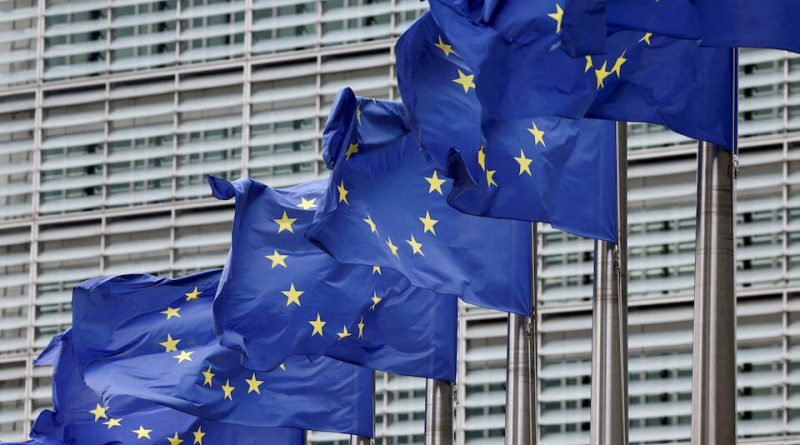EU and UK Move Closer to Carbon Market Link in Post-Brexit Climate Cooperation
European Union nations have agreed to begin formal negotiations with the United Kingdom to link their carbon markets — a major step toward stronger climate collaboration and renewed economic ties after Brexit.
In a landmark development signaling renewed cooperation, European Union (EU) countries have agreed to start formal talks with the United Kingdom to link their carbon trading systems, paving the way for a unified approach to climate action and sustainable trade.
This decision, announced by a spokesperson for Denmark’s EU presidency, marks a significant moment in the post-Brexit era — one that could help both sides strengthen environmental standards, support industries, and drive green investment across Europe.
The move represents more than just a regulatory alignment; it’s a strategic reset in the EU–UK relationship, reflecting growing mutual interests in addressing climate change and building cleaner economies.
Linking the carbon markets of both regions would mean that companies operating within either jurisdiction could trade carbon credits more freely, reducing duplication of costs and regulatory hurdles.
It would also enable both the EU and UK to exempt one another from their respective carbon border tariffs, a measure that protects domestic industries from high-emission imports.
While the linkage is unlikely to be finalized before the EU’s carbon border adjustment mechanism (CBAM) takes effect on January 1, experts see the move as an important step toward greater economic and environmental stability.
From early next year, the CBAM will begin imposing levies on imports of steel, cement, fertilizers, and other carbon-intensive goods into the bloc. This policy aims to prevent carbon leakage by ensuring that foreign producers face similar costs as EU manufacturers under its emissions trading system (ETS).
For British firms, this linkage could bring significant relief. Without it, UK exporters could face an estimated £800 million in additional annual costs, according to UK government estimates.
The EU’s unanimous decision to move ahead with talks demonstrates strong political will to rebuild bridges after years of complex post-Brexit trade negotiations.
A spokesperson confirmed that EU ambassadors agreed unanimously in a closed-door session to proceed, with formal approval expected from ministers at the next meeting on Monday — a step widely viewed as procedural.
Both European and British industries have voiced strong support for this collaboration, noting that a connected carbon market would simplify compliance, reduce administrative burdens, and strengthen Europe’s collective ability to meet emission reduction goals.
The UK launched its own carbon trading scheme in 2021, mirroring much of the EU’s structure, but diverging slightly in pricing and allowance systems. Experts believe aligning both systems would boost efficiency and stability for multinational companies operating across borders.
However, technical challenges remain. Linking the markets will require extensive coordination on verification systems, emissions reporting, and financial mechanisms, processes that could take several years to finalize.
During this interim period, British industries are expected to face the EU’s carbon border tariffs, even as negotiations progress toward eventual integration.
Still, optimism remains high. The UK plans to introduce its own carbon border levy by 2027, complementing the EU’s system and reinforcing the shared ambition to transition toward net-zero emissions.
This potential linkage would send a powerful signal globally — demonstrating how former partners can still collaborate effectively on climate policy despite political divisions.
It could also encourage other countries to explore similar cooperative models, uniting regional carbon markets to create a more consistent global framework for emissions pricing.
Climate advocates have praised the EU’s decision, emphasizing that transnational collaboration is essential for achieving meaningful progress toward global temperature goals.
For businesses, a linked carbon market would create a level playing field, foster green innovation, and attract investment in clean technology across Europe and the UK.
Ultimately, this initiative reflects a shared understanding that climate leadership requires cooperation, not competition. By aligning their carbon markets, the EU and UK are taking a bold step toward reinforcing their joint commitment to sustainability, economic growth, and a resilient green future.



